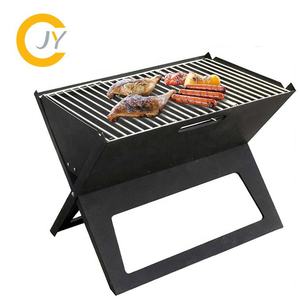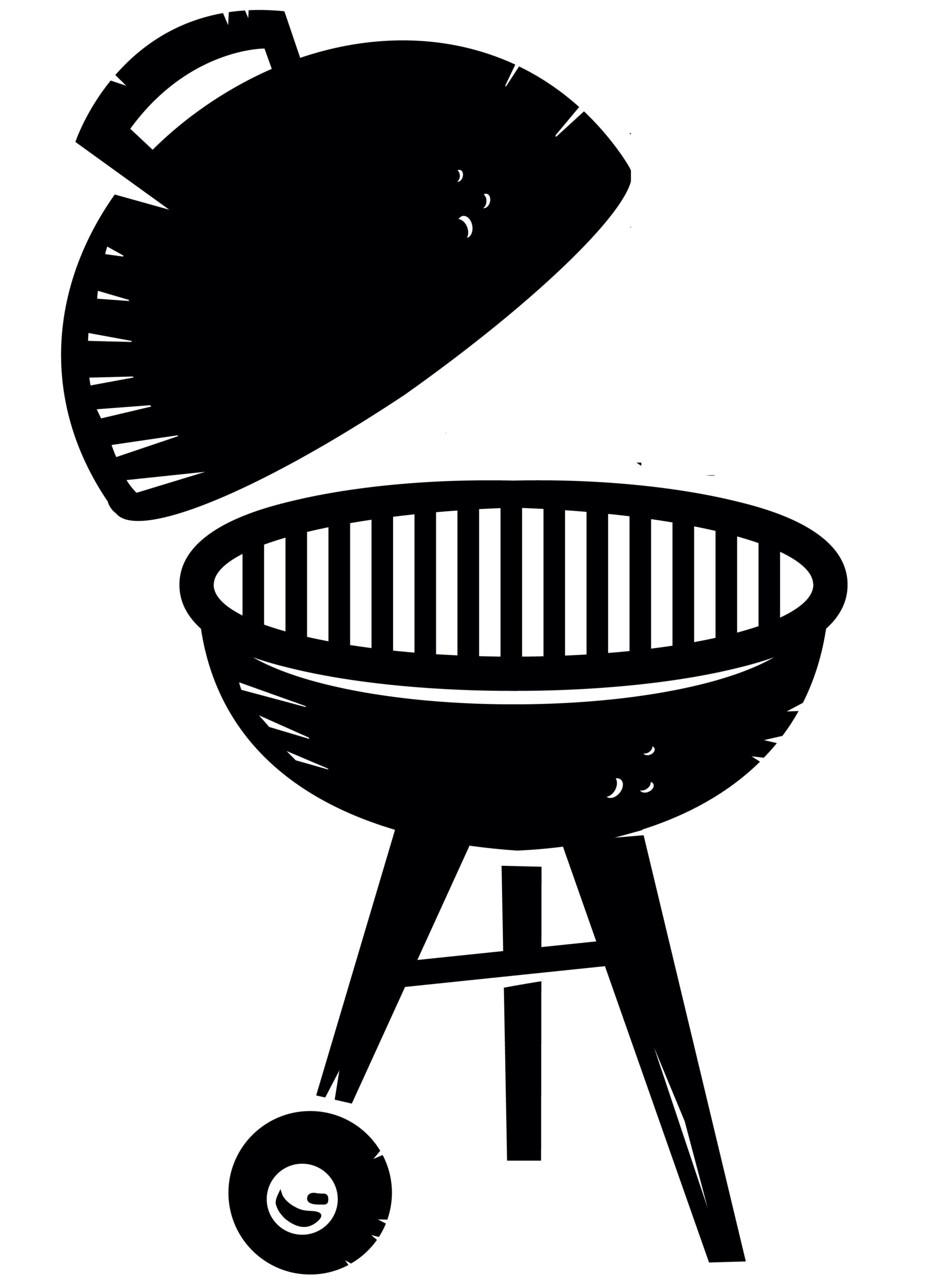When it comes to classic cooking methods, the gridiron has earned its place as an enduring tool in culinary history. For centuries, this essential cooking device has been used in outdoor and open-fire cooking, providing a practical and effective way to grill food over flames or a direct heat source. This article explores the history, function, and wide-ranging applications of the gridiron, uncovering why it remains a staple in modern kitchens and outdoor cooking setups.
The Historical Roots of the Gridiron
The gridiron's origins trace back to ancient civilizations. Early forms consisted of simple metal frames with parallel bars designed to cook food over an open flame. These early grill-like tools were prominent across cultures, from the Roman Empire to medieval Europe. The term "gridiron" emerged from the tool's structure, resembling a grid with its network of metal bars.
Traditionally crafted from wrought iron—a resilient, heat-resistant material—gridirons were typically set over open fire pits, allowing food like meat, fish, and vegetables to cook evenly on the metal bars. Over time, this cooking method evolved into modern grilling techniques, yet the gridiron’s fundamental role in grilling remains unchanged. Today, gridirons are available in various forms, from portable camping grills to large professional setups.

Understanding How a Gridiron Functions
A gridiron operates on a straightforward principle: food is cooked directly over a heat source by placing it on a grid of metal bars. The gaps between these bars allow heat to circulate, ensuring even cooking on all sides. Additionally, the heated metal bars create the iconic grill marks that enhance flavor by searing the food’s exterior.
Gridiron designs typically feature parallel metal bars made from materials like cast iron, stainless steel, or aluminum. Each material offers unique benefits—cast iron gridirons retain heat well and suit thicker cuts of meat, while stainless steel gridirons are lighter, resistant to rust, and ideal for everyday grilling of items that cook quickly.
Types of Gridirons and Their Practical Uses
Different gridiron types cater to specific cooking needs. Here’s a breakdown of the most common types and their ideal uses:
1. Classic Cast Iron Gridirons
The traditional cast iron gridiron is perfect for open-flame cooking. Its durability and heat retention make it ideal for grilling steaks, burgers, and fish. With its heavy-duty bars that withstand high temperatures and naturally non-stick surface when seasoned, this type is a favorite among outdoor cooking enthusiasts and for campfire grilling.
2. Stainless Steel Gridirons
Lightweight and rust-resistant, stainless steel gridirons are practical for frequent use, especially in outdoor grilling setups or portable grills. Their smooth surface makes cleaning easier, a valuable feature when grilling outdoors. These gridirons work well with foods that don’t require intense searing, such as vegetables, poultry, or delicate fish.
3. Adjustable Gridirons
Some gridirons offer adjustable height features, letting users control the distance between the food and heat source. This versatility is advantageous for cooking various types of food simultaneously, allowing for greater control. Adjustable gridirons are often favored in professional and competitive grilling settings, where precision cooking is essential.
4. Portable Gridirons
Compact and designed for convenience, portable gridirons are typically crafted from lightweight materials like aluminum or stainless steel and can fold for easy transport. Popular with campers, hikers, and outdoor enthusiasts, these gridirons achieve high grilling temperatures despite their small size, making them ideal for on-the-go cooking.

Advantages of Cooking with a Gridiron
Using a gridiron provides several unique benefits, especially in terms of flavor, texture, and cooking versatility.
1. Enhanced Flavor and Texture
The direct heat from the metal bars creates distinctive grill marks that contribute to the Maillard reaction, browning and crisping the food’s exterior. This process seals in moisture and produces complex flavors. Gridiron cooking over an open flame also imparts a smoky, charred taste that is difficult to replicate with other methods.
2. Consistent, Even Cooking
The gridiron’s design enables heat to circulate around the food, ensuring even cooking and preventing overcooking. This feature is especially valuable when grilling thick cuts of meat, where the balance between a crispy outer layer and a juicy interior is key.
3. Versatile Cooking Applications
A gridiron is an adaptable tool suited for grilling more than just meat—it can cook vegetables, seafood, and even fruit. Adjustable height options and heat source control allow for both slow-cooking and quick searing, making the gridiron versatile for many culinary techniques.
4. Long-Lasting Durability
Gridirons, especially those made from cast iron or stainless steel, are built to last. With proper maintenance, a high-quality gridiron can endure years of use, making it a valuable addition for any dedicated cook. Regular cleaning and seasoning of cast iron gridirons prevent rust and keep them in excellent condition for the long term.
Essential Gridiron Maintenance Tips
To prolong your gridiron’s life and ensure it continues delivering quality results, proper care is essential. Here are some maintenance tips:
- Seasoning: For cast iron gridirons, apply a thin layer of vegetable oil after cleaning, then heat it to bond the oil to the surface, creating a non-stick coating that improves over time.
- Cleaning: Clean your gridiron after each use. A wire brush works well for stainless steel models to remove food residue. Avoid harsh chemicals or steel wool that may damage the surface.
- Storage: Store your gridiron in a dry place to prevent rust. For cast iron, consider a light oil coating before storage to protect the metal.

Conclusion
The gridiron remains a vital cooking tool that has allowed chefs and home cooks alike to create flame-kissed, flavorful dishes for centuries. Whether you’re a professional chef or a weekend griller, a quality gridiron offers versatility, durability, and the means to prepare delicious, perfectly grilled food. From its ancient roots to contemporary uses, the gridiron continues to be a trusted, timeless asset for anyone seeking an exceptional grilling experience.
